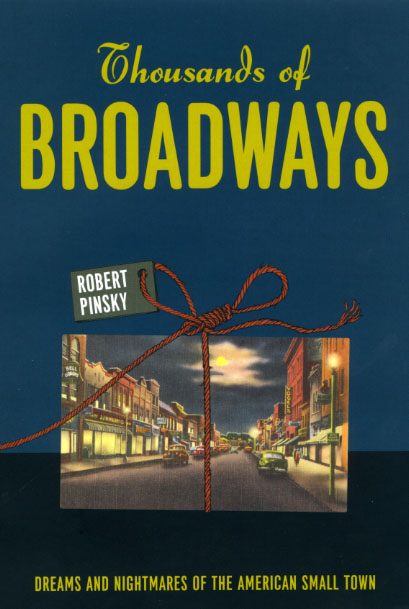With no direction home, like a complete unknown

Rock legend Bob Dylan was stopped by police last month in Long Branch, New Jersey, after anxious homeowners, into whose yard the hooded and sweat-panted troubadour had wandered during a rain storm, reported an “eccentric-looking old man.” The reporting officer, a 24-year-old cop, didn’t recognize Dylan, who was not carrying identification, and detained him until his identity could be established. The former Robert Zimmerman was in the area on a stopover of his cross-country tour with John Mellencamp and Willie Nelson.
Dylan’s run-in with the law provided ample fodder for jokes (even the man himself quipped on his weekly satellite radio show “I am talking to a couple of car companies about possibly being the voice of their GPS system. I think it would be good if you’re looking for directions, and you heard my voice, saying something like, “Left at the next street. No, right. You know what? Just go straight.'”) and talk-radio discussion about the relevance of 1960s superstars in a twentieth-first century world. But lost in the coverage was a thoughtful debate about small towns—places where everybody knows each other—and the small-mindedness that comes with that insularity. It’s a topic that Robert Pinsky takes up in his new book, Thousands of Broadways: Dreams and Nightmares of the American Small Town. And it just so happens that the very small town into which Dylan wandered is Pinsky’s birthplace and the focal point of the book.
Thousands of Broadways explores the dreams and nightmares of small towns—their welcoming yet suffocating, warm yet prejudicial character during their heyday, from the early nineteenth century through World War II. The citizens of quintessential small towns know one another extensively and even intimately, but fail to recognize the geniuses and criminal minds in their midst. Bringing the works of such figures as Mark Twain, William Faulkner, Alfred Hitchcock, Thornton Wilder, Willa Cather, and Preston Sturges to bear on this paradox, as well as reflections on his own time growing up in a small town, Pinsky explores how such imperfect knowledge shields communities from the anonymity and alienation of modern life. Along the way, he also considers how small towns can be small minded—in some cases viciously judgmental and oppressively provincial. Ultimately, Pinsky examines the uneasy regard that creative talents like him often have toward the small towns that either nurtured or thwarted their artistic impulses.